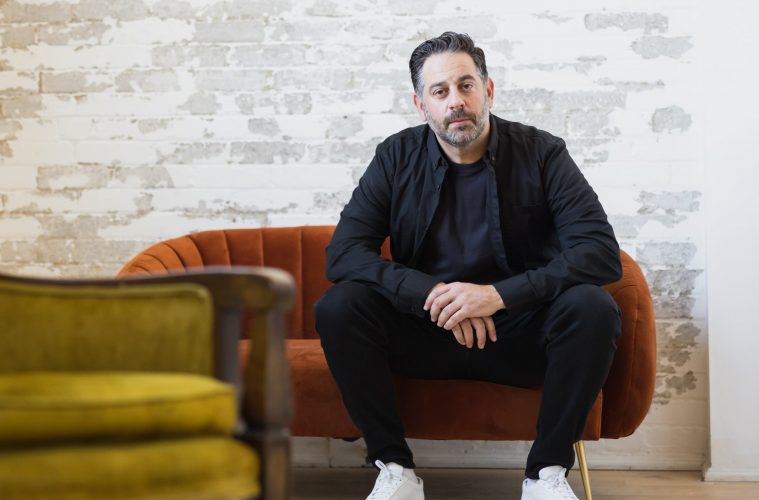Entrepreneur Abby Tobias founded the entertainment production company Sole Power Productions in 2002. What started primarily as an events company has transformed into a multi-purpose entertainment company servicing clients with everything from events, venues, and production to artist management. Abby has successfully transformed his background as a DJ and managing dancers into a fully scaled operation that produces over 2500 events a year. We spoke with Abby to learn more about what his company does and how he was able to scale the business since its inception.
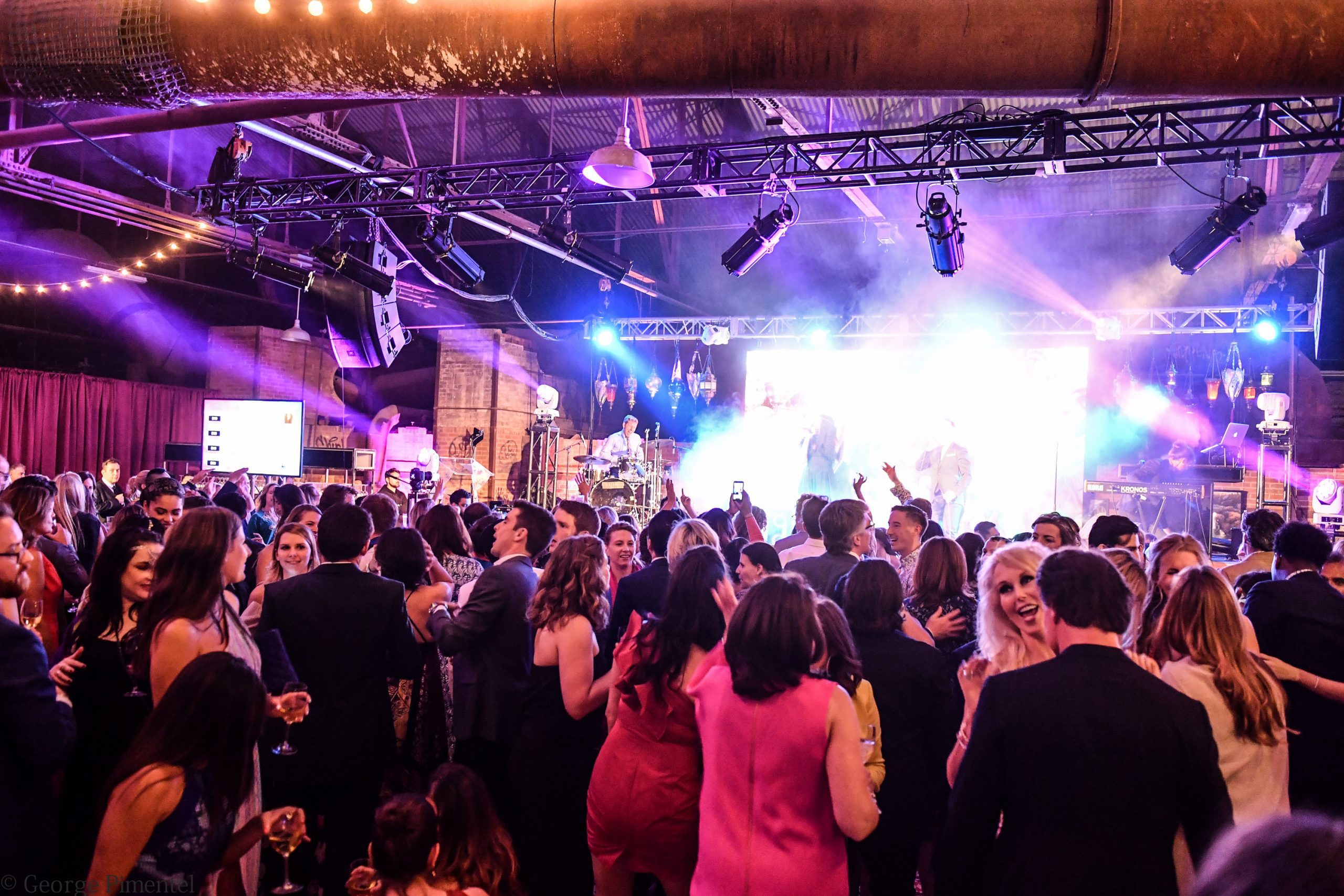
How has the company grown since you first started it?
Even though we had to adjust for a while due to covid, we produce over 2500 events a year. As far as a production company goes, it may sound like a lot, but it’s still somewhat boutique. While some production companies churn out thousands of events a year, they tend to be more cookie-cutter. But because we deal with high-caliber events and clients, there’s a lot more customization and complexity that goes into putting on the events. We currently have 16 full-time people on board and about 100 contractors.
What are some of the bigger events that you’ve put on that people may be familiar with?
We curate quite a bit of entertainment for all three major sports teams. That includes many halftime shows and all of the national anthem singers for the Toronto Raptors and the Maple Leafs. For the Blue Jays, we also do their pre-game entertainment. Then, of course, we put on events for the Toronto International Film Festival and the Grey Cup.
We also deal with a lot of talent buying and have brought in artists like John Legend, Kendrick Lamar, Drake, Justin Bieber, and Lenny Kravitz, to name a few.
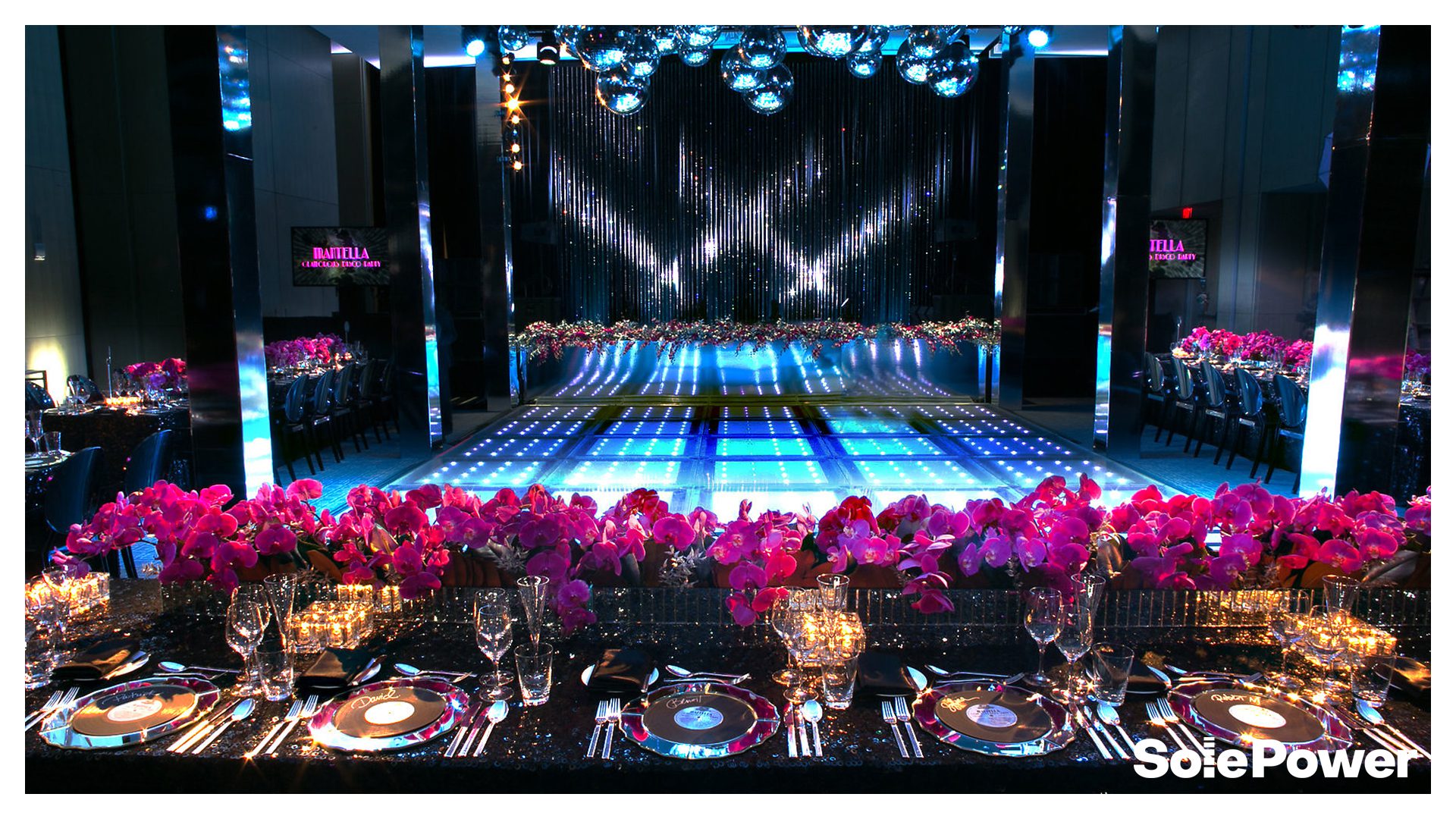
Does your business primarily focus on the Canadian market?
In every area outside of the artist’s management or prep board, I would say that 95% is in Canada. I have a bit of this, “I’d rather be the big fish in the small pond theory,” and we’re kind of the cream of the crop in Canada.
While on the artist management side, it’s more international because the artists we work with are international. So when it comes to their tours and how we monitor their success, it’s primarily based on International, U.K., and U.S. numbers.
So ultimately, I always say we do well here because we’re the name that people trust.
What did you find was the key to scaling the business when you were starting?
I started as a DJ company, then scaled into live music and event production. It’s been a constant climb up until Covid. We have done more events, added more staff, and been profitable for the first 17 years in business. So now it’s like, give or take two years of COVID and we’re coming up to our twentieth year in business, but it’s been a steady climb.
So the real secret to success is that we work hard and treat it like work. We work hard, and we’re just good at what we do. Many people do what I do because there is a little bit of glamour to it. But for me, I thrive on the success of it all.
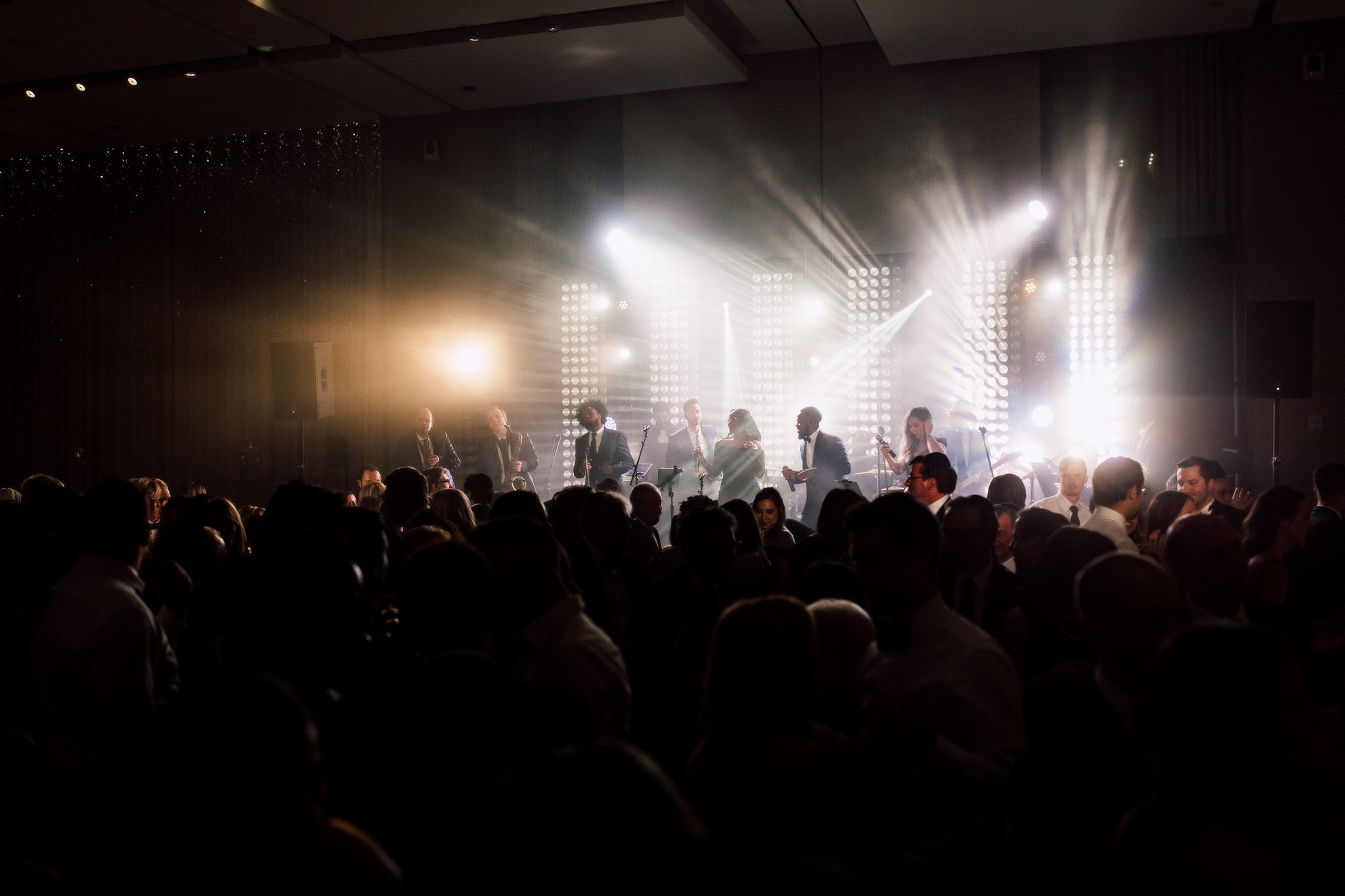
How did you pivot during Covid?
I think we were in the top bracket of getting hit the hardest. We went from 100 to zero. We did 2700 events a year, and we went to zero events. So at the time, I had a lot of stuff I had to let go of and try to mitigate the loss. We were losing quite a bit of money week over week. So my goal was to slow that bleed.
I think what was unique about us was that I almost immediately turned to how we make sure we’re coming out of this thing number one. We went into it number one, so there were some big worries around that, but I immediately went into hiring and coming up with new concepts. So we did pivot to virtual but focused on the bigger productions. We did four high-profile ones that would take a number of staff months and months to work on.
Then with all of the sports teams being virtual, we did a lot of virtual national anthems and virtual performers. It also allowed me to reflect and spend time planning ahead. I took COVID as an opportunity to ask myself, “what do I want the next chapter of my life to look like?”
As a result, we just bought a 3-story building on Yonge Street that I think will elevate our brand. So that time got me thinking about what our home base will look like? Versus what do our sort of pseudo competitors look like? So really, a lot of what I thought about was, how do I want to work for the next ten years?
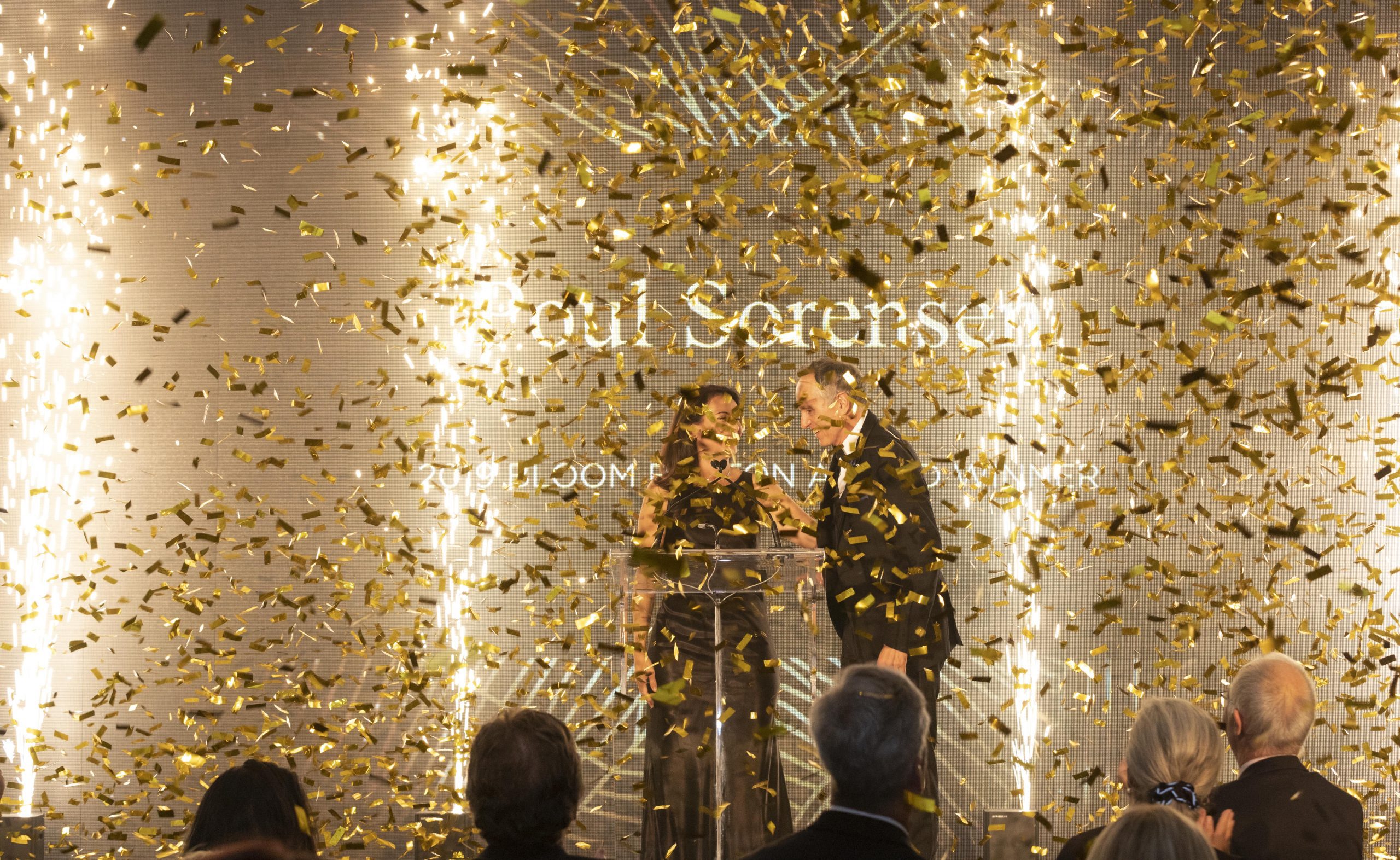
As an entrepreneur, what lesson have you learned that has stuck with you?
I wasn’t always an entrepreneur. I wasn’t great in school, and I kind of became an entrepreneur from a process of elimination. I think it’s hard, and the biggest lesson is to always talk to people who claim they want it, but aren’t prepared. You may want success, but are you willing to take on the sacrifices?
The biggest lesson I’ve learned is to be prepared for sacrifice—time with family and friends. I’ve missed some special moments, but because my passion and my number one want in life is to be successful and continue to be successful and build a legacy for myself, I stay focused.


